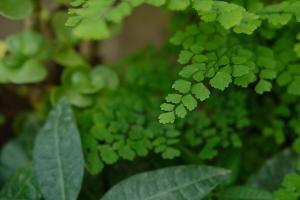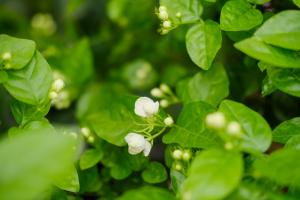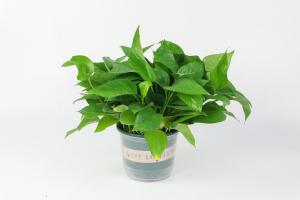Do Indoor Tomato Plants Need to be Pollinated?
Tomatoes are a popular vegetable to grow in gardens, but they can also be grown indoors. Indoor tomato plants can be grown year-round, but one question that often arises is whether or not they need to be pollinated. The short answer is yes, indoor tomato plants do need to be pollinated in order to produce fruit.
The Basics of Tomato Pollination
Tomatoes, like many other fruiting plants, require pollination to produce viable fruit. Pollination is the process by which the male reproductive cells of the plant (pollen) are transferred to the female reproductive cells (ovules) to enable fertilization. In tomato plants, pollen is produced in the anthers of the flower, while the ovules are located in the ovary of the flower. Pollination occurs when the pollen is transferred from the anthers to the stigma of the same or another flower, where it travels down the style to reach the ovary.
How Indoor Tomato Plants are Pollinated
Outdoor tomato plants are often pollinated naturally by bees and other insects, but indoor tomato plants require a bit more effort to ensure successful pollination. Most indoor tomato plants are self-pollinating, which means that the pollen from the anthers can reach the stigma without the need for external agents like bees. However, indoor tomato plants can still benefit from a little manual pollination to improve the quantity and quality of their fruit.
The easiest way to manually pollinate indoor tomato plants is to gently shake the stem or use a small brush to transfer pollen from the anthers to the stigma. You can also use an electric toothbrush or a small fan to gently vibrate the plant, which can help release pollen and enable self-pollination.
The Importance of Pollination for Indoor Tomato Plants
Without proper pollination, indoor tomato plants will not produce viable fruit. Unpollinated flowers will simply wilt and fall off the plant, which can be frustrating for growers who are hoping for a bountiful harvest. Additionally, poor pollination can result in misshapen or undersized fruit, which is not ideal for cooking or eating.
However, with proper pollination, indoor tomato plants can produce a generous yield of flavorful, juicy fruit. By taking the time to manually pollinate your indoor tomato plants, you can ensure that your plants are healthy and productive, and that you can enjoy fresh tomatoes right from your own home.
Conclusion
Indoor tomato plants require pollination in order to produce fruit, and while they are often self-pollinating, a little extra effort can go a long way in improving the quality and quantity of your harvest. By manually pollinating your indoor tomato plants, you can help ensure that they remain healthy and productive, and that you are able to enjoy delicious, homegrown tomatoes all year long.

 how many times do yo...
how many times do yo... how many planted tre...
how many planted tre... how many pine trees ...
how many pine trees ... how many pecan trees...
how many pecan trees... how many plants comp...
how many plants comp... how many plants can ...
how many plants can ... how many plants and ...
how many plants and ... how many pepper plan...
how many pepper plan...
































